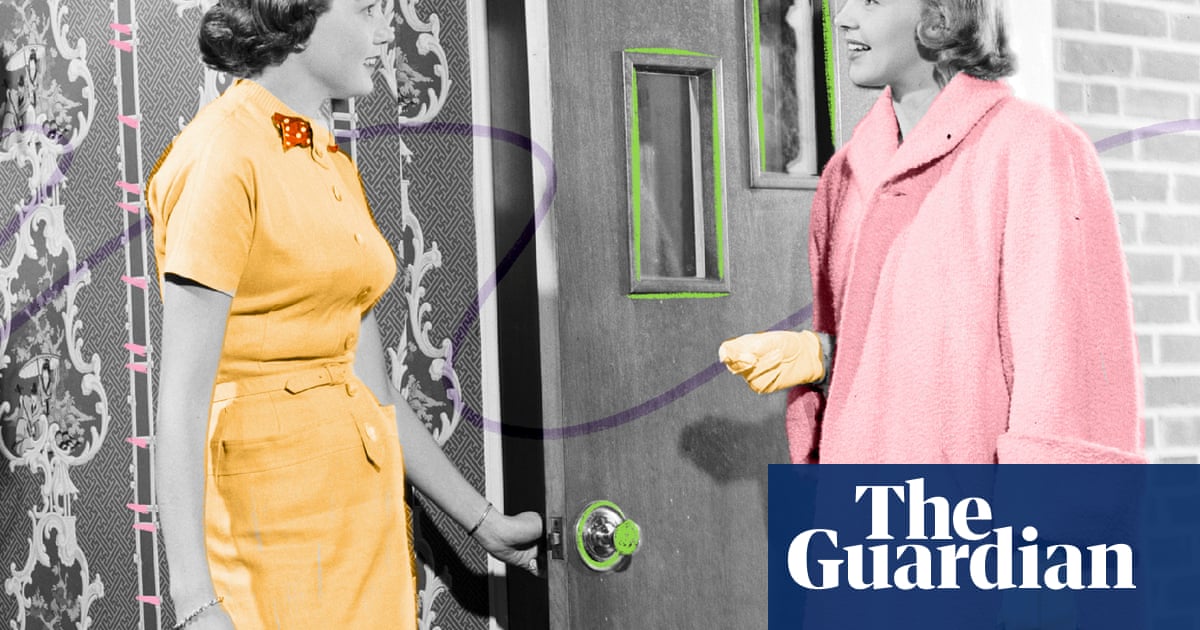The only problem Kathy has encountered taking her emotional support rabbit into work is when a new colleague wanted to bring in her emotional support dog.
“Her dog was sweet but there was obviously a risk he might attack my rabbit,” said the 28-year-old IT specialist, who uses a co-working office space in Bristol. “That destroyed all the therapeutic benefits for me of having an emotional support animal [ESA]; the calm was gone. I went into hyperaware overdrive.”
Fortunately there was an easy solution: Kathy and her colleague coordinated their shifts. “I work from home when she goes in and vice versa,” said Kathy. “It’s a very small adjustment that means everyone is now happy.”
Rabbits are a fairly tame choice of ESA. The Business Disability Forum (BDF) says it has helped employers respond to requests from employees who want to bring in miniature horses, pigs (pot-bellied), donkeys, cats, rabbits, reptiles (a python and an iguana) and even a peacock.
ESA UK, a private registry where registrations have reached 11,000 since it was created in 2019, has bearded dragons on its books, as well as rats, gerbils and a range of birds.
ESAs provide comfort and companionship to people with mental health conditions. Untrained, they largely offer emotional support through their presence.
There is no recognised accreditation or database, but there is anecdotal evidence that ESA numbers are increasing: some GP practices are asked to sign so many letters of accreditation that they have started charging for the service.
Pet chaos in courtrooms is now so common that the next edition of the Equal Treatment Bench Book, which provides advice to courts in England and Wales, will include guidance on the issue.
ESA UK said employees were increasingly keen to take their pets to work and requests for their workplace assessment template had risen 80% in the last six years.
Bela Gor, BDF’s director of legal and content, said there has been an increase in ESA-related calls from employers. “We currently get about two calls a month but each call is likely to be about more than one ESA: one employer had had requests from 10 different employees.”
Gor said ESA peacocks, pigs and pythons were niche choices. “Employers up and down the country are not dealing with daily requests from workers wanting to bring in their ESA peacocks,” she said.
Just 3%, 330, of ESA UK’s 11,000 animals are classed as unusual, but many organisations now specify which species of ESA they will allow. The Liberal Democrats, for example, will only accept ESA dogs at their party conferences.
However, whether poodle or python, the Equality Act 2010 means employers must consider if they can make reasonable adjustments to enable employees with hidden disabilities, such as anxiety or PTSD, to bring certified ESAs into work.
Gor said that whatever the species of ESA, it could be surprisingly simple for employers to make the necessary adjustments. But, she added, employers must decide what was reasonable – and this included taking into account colleagues with objections based on allergies, phobias or cultural beliefs. “For instance, some people would have cultural objections to sharing an office space with a pig,” she said.
Then there was the issue of how ESAs interacted with each other. “Obviously it’s not good if there’s one ESA that could endanger the life of another ESA,” Gor said.
Insurance was also key. “If one employee is bitten by another employee’s ESA, who is responsible?” she asked.
While the evidence was anecdotal, ESA UK and the BDF said lockdown was a catalyst for people becoming dependent on their pets, as well as a growing awareness of mental health conditions.
As to why people might choose a reptile over a retriever to calm their nerves, Doug Sanders, from ESA UK, suggested practical and personal factors. “Space limitations or allergies may rule out dogs,” he said. “Other animals, like reptiles, offer specific therapeutic benefits, such as calming effects for sensory issues.”

 3 hours ago
4
3 hours ago
4

















































